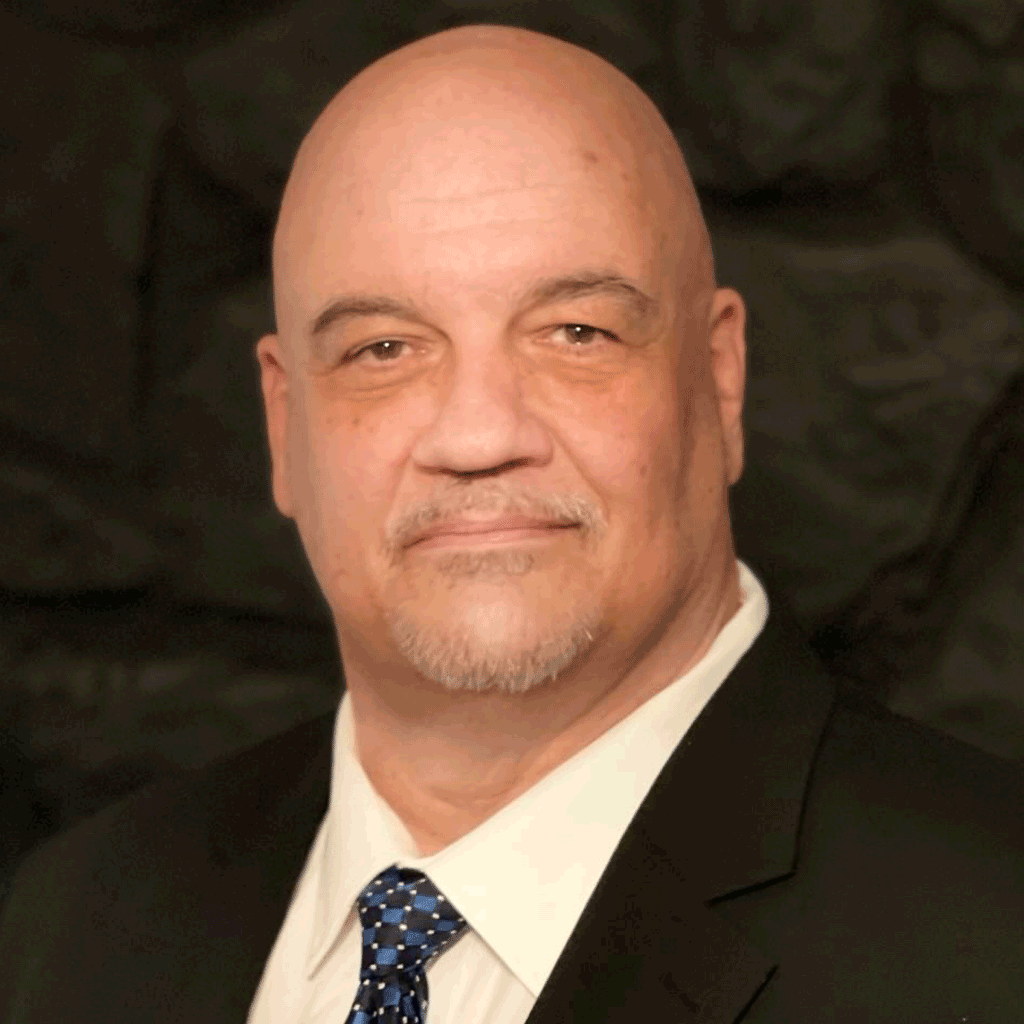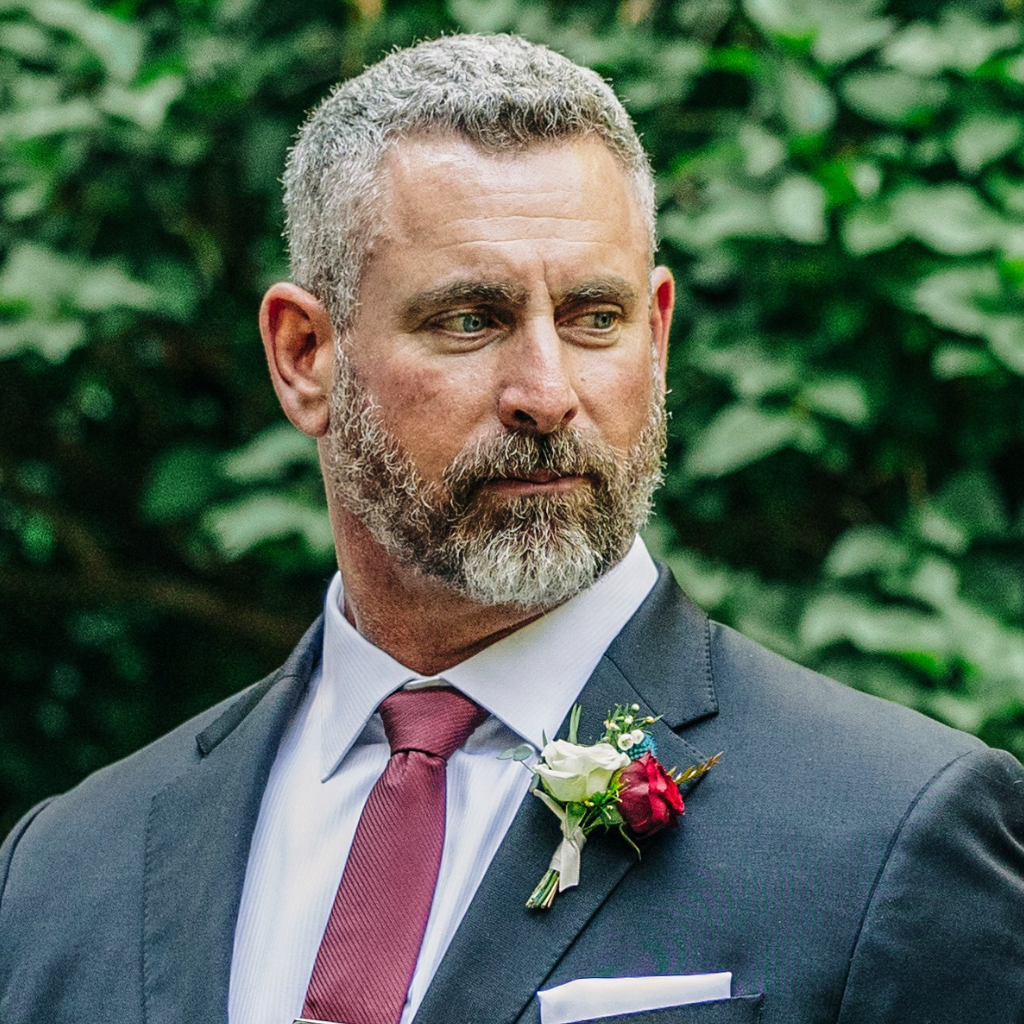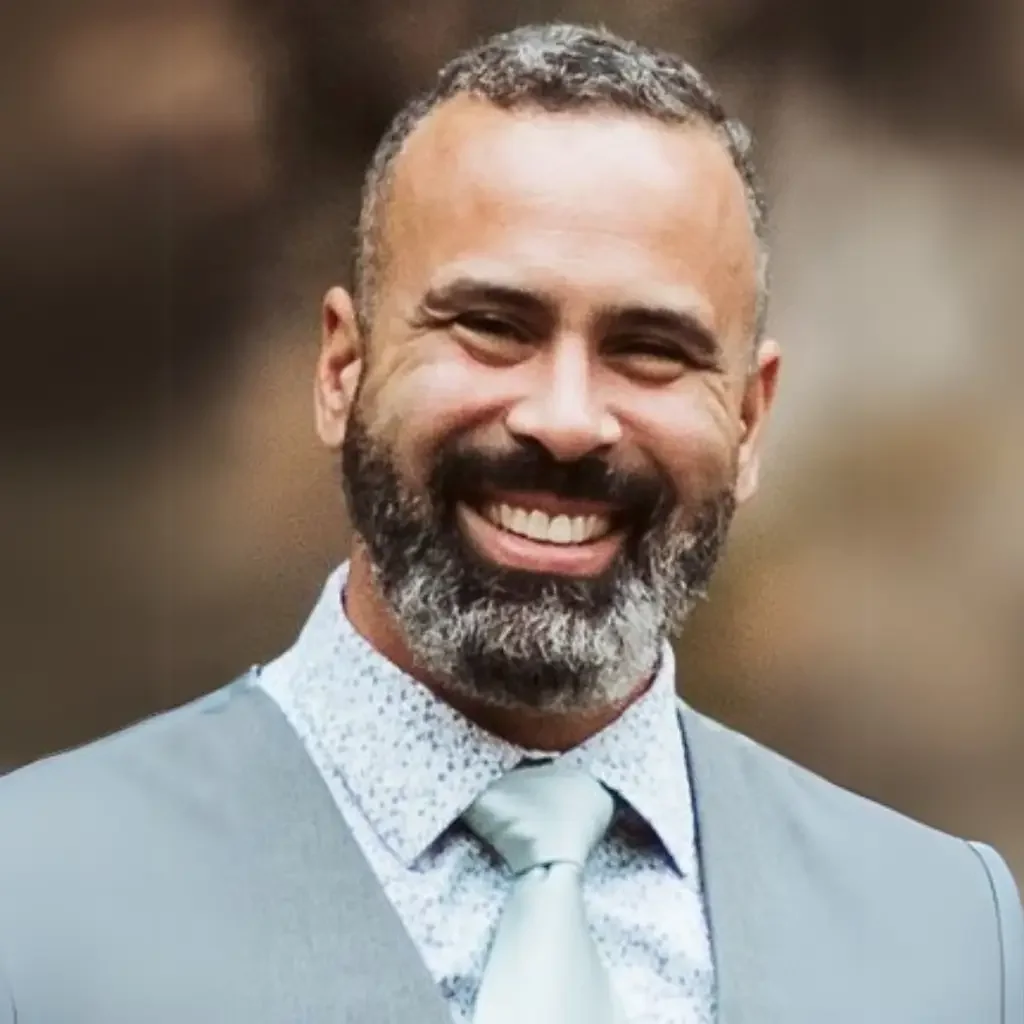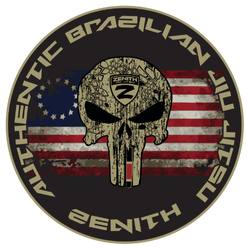RECONNECTING WARRIORS - RESTORING PURPOSE
What is the Special Operations Adventure Foundation?
The Special Operations Adventure Foundation is a mission-driven nonprofit dedicated to serving the men and women of the Special Operations community through purpose, connection, and adventure. We create challenging, outdoor-based experiences that foster resilience, restore confidence, and strengthen the bonds forged through service. By combining adventure, mentorship, and community, we help operators and their families navigate life beyond the battlefield—honoring their service while empowering them to thrive in the next chapter of their lives.

The Challenge
Veterans—especially those from Special Operations communities—face significantly higher rates of mental health challenges than the general population, including PTSD, depression, anxiety, and substance use disorders, with 41% potentially needing mental health care. These conditions often stem from service-related trauma such as combat exposure, repeated deployments, serious injuries, and encounters with disasters or terrorist attacks.
The Consequences
Transitioning from Special Operations to civilian life can be disorienting, as few outside the community truly understand the intensity, structure, and shared purpose of the experience. Without connection to others who’ve walked the same path, challenges like Operator Syndrome can intensify, increasing the risk of isolation, depression, and substance use—making meaningful peer support essential.
The Solution
The Special Operations Adventure Foundation (SOAF) reconnects Special Operations veterans through immersive retreats and adventures designed to restore camaraderie, purpose, and belonging. Founded by veterans who lived the challenge themselves, SOAF creates therapeutic, team-based experiences that help Special Operators heal, recharge, and build a healthier future together.
BOARD OF DIRECTORS
DAN SCHULTZ
SECRETARY
JASON BORGES
FOUNDER/BOARD CHAIR
ANGEL MOLINA
PRESIDENT
-
President
Angel, a native of Rio Piedras, Puerto Rico, is a former U.S. Navy SEAL with 35 years of combined military and government service. Enlisting in 1990, he built a distinguished career across elite Naval Special Warfare units, deploying globally in combat and high-threat environments and later serving as a senior contractor supporting Special Operations across the Iraq and Syria theater.
Today, Angel remains dedicated to service through his active support of veteran-focused nonprofits, including the Special Operations Adventure Foundation. Driven by a passion to give back, he shares his experience and hard-earned lessons to mentor and support others on a personal, professional, and philanthropic level.
-
Founder/Board Chair
Jason honorably retired from the U.S. Army in 2013 after 25 years of distinguished service. Enlisting in 1989 and selected for Special Forces in 1997, he served as a Green Beret with 10th Special Forces Group (Airborne), holding key leadership roles and deploying worldwide in support of national security missions. After retiring, he continued serving as a U.S. government security consultant in Afghanistan and Iraq for eight more years. Inspired by Operator Syndrome by Dr. Chris Frueh and his own transition experience, Jason founded the Special Operations Adventure Foundation to help veterans rediscover purpose, healing, and connection through shared adventure.
-
Board Secretary
Dan is a seasoned business leader with more than 35 years of experience, including 10 years in government contracting supporting operations in the CENTCOM region. Raised in the Chicago suburbs, he began his college career at West Point before graduating from the University of Arizona as a Distinguished Military Graduate.
As a U.S. Army officer, Dan served in leadership roles with the 1st Cavalry Division and the 11th Armored Cavalry Regiment. He holds an MBA from the University of Colorado and is a strong advocate for the Special Operations community, applying his leadership, strategic insight, and commitment to service to support Veterans as they transition beyond military life.










